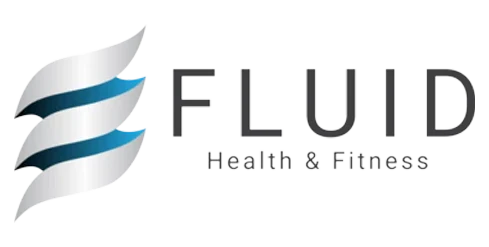This week, the topic is regarding dietary fats, cholesterol, sugars and refined starches and their effect on blood lipid levels. We have been led to believe that dietary saturated fat and cholesterol are detrimental, and that fat-free products stripped of everything they once contained are somehow good for us. This thinking is backwards. Cholesterol and lipids are neither good nor bad, but need to be in balance.
Cholesterol
Cholesterol is the body’s bandage. Its presence means that it is working as intended to heal and maintain tissues in the body. It is also a precursor to vitamin D and needed to make steroid hormones in the body such as cortisol, testosterone, progesterone, and estrogen. Cholesterol is transported by lipoproteins that have targeting signals to carry the cholesterol to certain tissues in the body.
What are Lipids?
Lipids are a group of organic compounds that include the fats, oils, waxes, sterols, and triglycerides
Lipoproteins or lipids:
○ LDL: low density lipoprotein (often referred to as the “bad” cholesterol)
○ HDL: high density lipoprotein (often referred to as the ‘good’ cholesterol)
○ TG: triglycerides (main storage form of fats within the body)
Cholesterol and Disease
It’s not so much the consumption of dietary fat and cholesterol which leads to an elevation of these numbers and increased risk of stroke and heart disease, but a chronic elevation of TG due to a diet high in refined starches, sugars and high fat processed foods, stressful lifestyle, toxic overload and free radical damage. Refined starches and sugar cause a dramatic need for the body to produce insulin.
○ Insulin is the hormone secreted by the pancreas in the regulation of the metabolism of carbohydrates and fats. Its job is mainly the uptake of glucose to the muscles and fat cells. Then it helps the liver convert glucose to glycogen (storage form of glucose in muscle and liver cells), which lowers blood glucose.
○ Consistently elevated blood glucose leads to elevated insulin (fat storage hormone), which encourages inflammation, ultimately, the root of all disease. Inflammation is the reaction of living tissue to injury or infection, characterized by heat, redness, swelling, and pain (can occur both in and outside the body)
Heart disease and diabetes, two of the most prevalent health conditions today, are also attributed to blood sugar and inflammation issues.
To summarize, it’s not whole eggs, dairy, red meats, etc. that lead to heart disease and other related health issues. These things still have a place on our Fit Plate. What deserves more attention is our consumption of processed sugars/starches, excessive consumption of high fat processed and fast foods, along with additional stressors in our lives.


